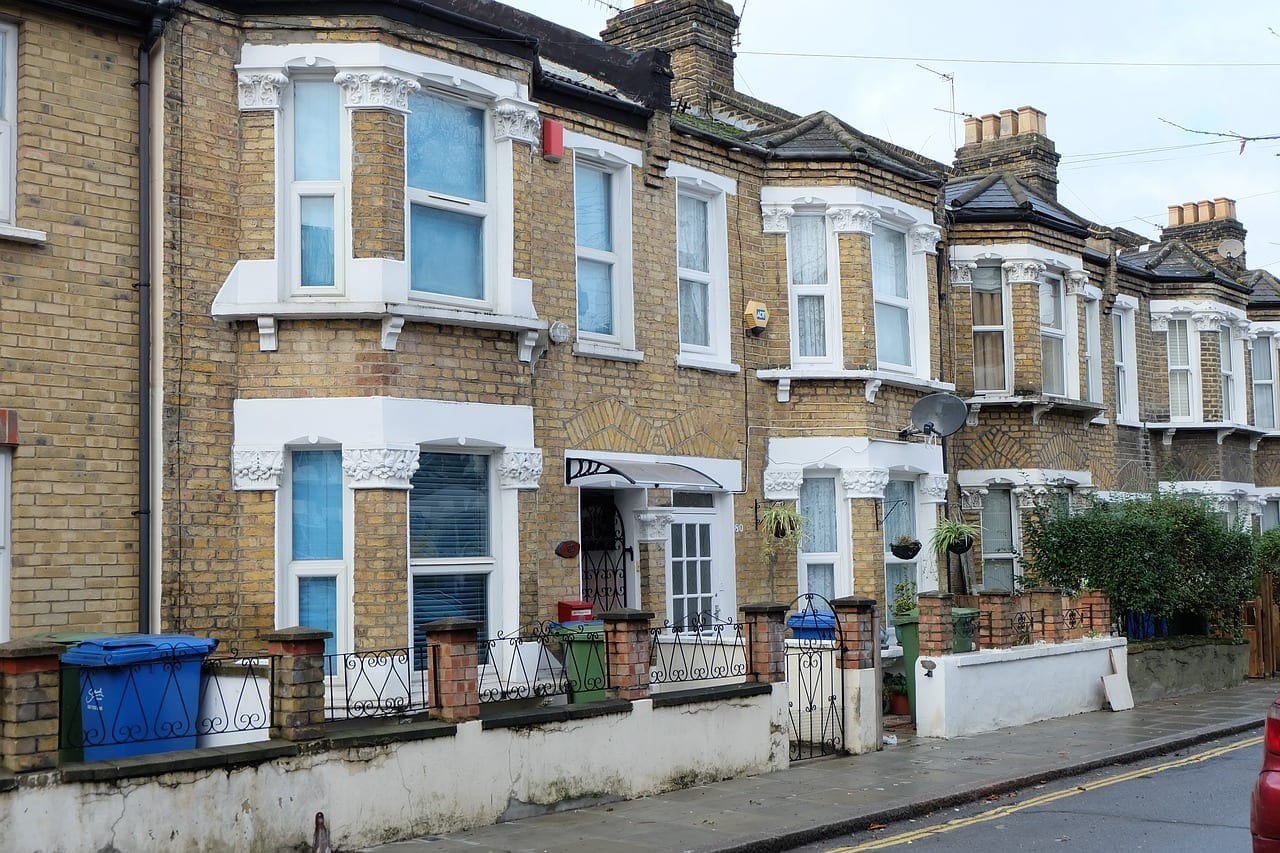Lego fund is searching more London property as it plans to expand its real estate portfolio
Lego fund is searching more London property as it plans to expand its real estate portfolio, which grew 14% last year to US$1.2b. The fund managing the wealth of the billionaires who own Lego wants to buy more London real estate.
The US$16 billion Kirkbi fund based in western Denmark, which has 75 per cent ownership of the Lego Group, earlier this year bought the Porter’s Wharf office property in London’s King’s Cross district, marking its third real estate investment in the British capital. Kirkbi chief executive officer Soren Thorup Sorensen said some investors, including it, are a bit nervous about the development in the UK. But there are areas in London that aren’t linked to the financial sector.
The Lego fund’s latest purchase concerns technology, media and telecom companies, which Sorensen is betting will probably be less exposed to the exodus that may hit the London banking community once Brexit takes effect. He also said that Kirkbi is big enough to sit out the short-term jolts stemming from the uncertainty surrounding the UK’s departure. He said that the fund very much hopes to do more in 2018. It will look at Germany, Switzerland and the UK. There may be more uncertainty in 2018 than that over the past many years, but that also means that someone like it will be able to make good long-term investments.
The fund also owns properties in Denmark, but doesn’t see much potential for more investment there in the near term. Sorensen said the property market in Copenhagen has seen a lot of demand, so the company thinks it’s difficult to find projects that will give the returns that it wants.
Apart from Lego, Kirkbi’s main assets include toymaker’s trademarks, a 30 per cent stake in Merlin Entertainments (which operates the Legoland parks), stakes in Danish firms ISS and Falck as well as other stocks and bonds.
Talking about stocks, Sorensen said that he plans to be opportunistic when it comes to Kirkbi’s stock investments this year.
He said there are rising interest rates and possibly also higher inflation due to pressure on labour markets in the US and western Europe, and that gives more volatility in stock markets. He added that for investors like it, that means companies it looked at previously have come down to a price level where they are attractive for investment.






